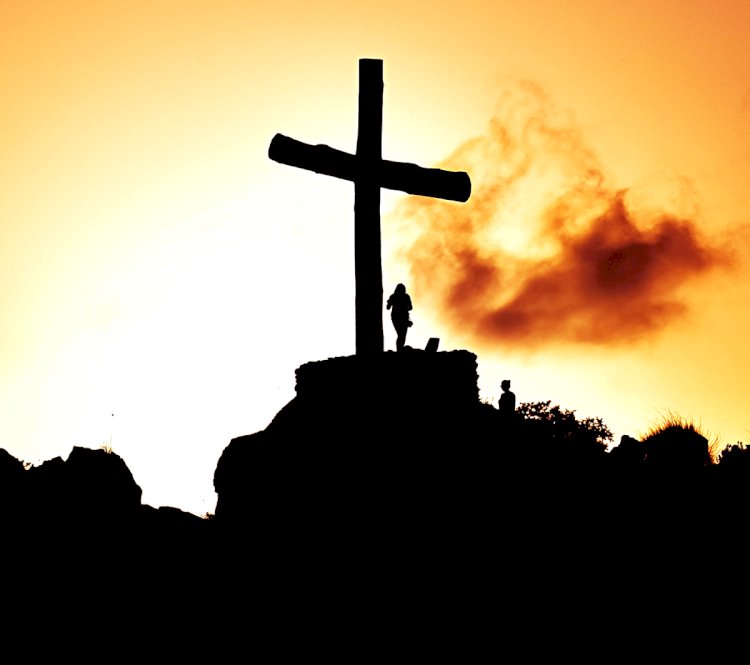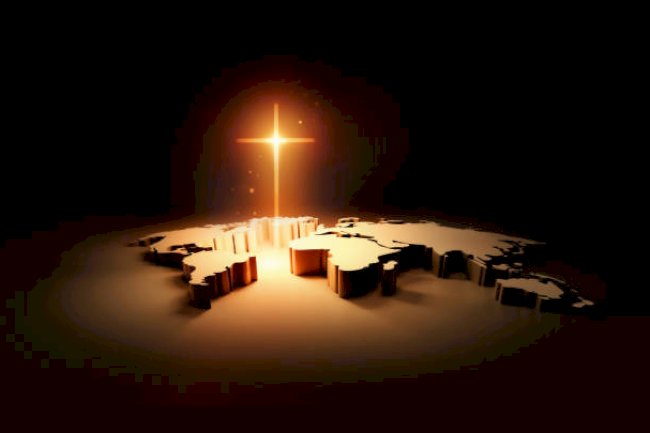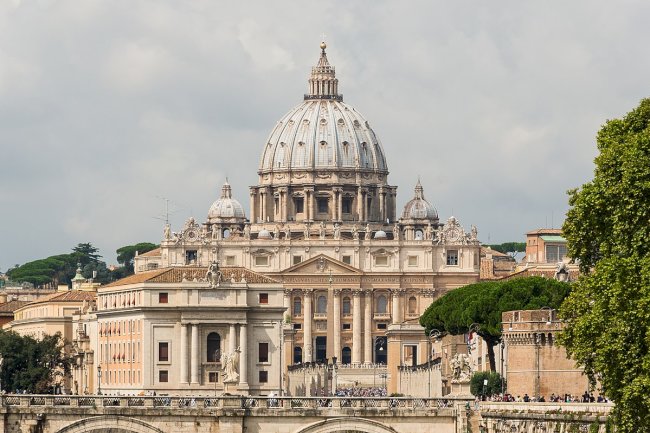Is It Hard To Be Catholic?

It is an almost impossible question: What would you include or exclude if you were creating your own religion? What do you prefer to see in your Church unboxing, as you might prefer in a cosmetics or shoe unboxing? What would you click away from?
![]()
The word religion necessarily conjures up the idea of a system of beliefs and practices that we do not, indeed cannot, make up. And with rare exceptions among genuine psychopaths or the most ardent ideologues, even people who explicitly eschew established religions piece together for themselves a way of living that appeals to truths outside themselves.
Everyone, everywhere, experiences some pressure to conform to ideas of right and wrong.
Therefore, despite the expansive space and liberating feeling of the Catholic faith, it is important to say this plainly: being Catholic is hard. There can be no sugarcoating it. In many respects, a person would be crazy to prefer it to other options—and indeed, in the world today, most people don’t.
But the Catholic Church is not a preference . . . and for that reason, it offers the best way to live.
When people are baptized into the Catholic Church or come into full communion with the Catholic Church from another Christian group, it is sometimes referred to as “crossing the Tiber” or “swimming the Tiber.” The Tiber is the river that flows through Rome, so the expression is a symbol of making one’s way through worldly obstacles to the Catholic Church. It may be self-evident that such a move is a big deal, but I often feel the need to convey just how big a deal it really is.
As I have mentioned in various ways, the only unifying principle for the disparate non-Catholic groups is that none of them is (Roman) Catholic. Thus, even a liturgically sky-high Anglican is ultimately someone whose spiritual authority rests in some debatable combination of his own biblical interpretation and interaction with traditions of Christians from different eras. Some Protestants may be sola scriptura types; others heavily emphasize being “creedal”; others have devised an authority structure based on voting; others use images like a three-legged stool of Scripture, Tradition, and Reason; others are proudly non-creedal, and anything goes. It may be possible to be excluded from fellowship with a particular group, but there is likely another group more than willing to take you in. Indeed, the main growth strategy of some Protestant groups may be to offer themselves as an alternative to other congregations that are perceived to be either too liberal or too conservative. Atheism has its own appeals—namely, every religion is wrong. Agnosticism seems to grow with no deliberate cultivation whatever.
Being Catholic is a different experience, and the image of crossing over from one side of a river to another is therefore apt. To become Catholic is to be somewhere else, even if one’s old home is still plainly in view. And nowhere is this change more readily apparent than in the simple matter of upholding the Catholic Church’s precepts, the first of which requires Catholics to attend Mass on Sundays and on holy days of obligation under penalty of sin.
It is simply required of us, as the Catechism says, “to sanctify the day commemorating the resurrection of the Lord as well as the principal liturgical feasts honoring the mysteries of the Lord, the Blessed Virgin Mary, and the saints” (2042). The Catechism is also clear about circumstances that can legitimately dispense us from our obligation to attend Mass, but the obligation remains.
It really is beyond comprehension for a Protestant to be told that he must go to church or else face damnation. The Sabbath was made for man, not man for the Sabbath, they might say, quoting Mark 2. Going to church is important, but it is not the end of the world to miss it. And indeed, since God alone knows the hearts of the faithful, it may be that the redneck on his bass boat on a Sunday morning is in better spiritual shape than the prim and proper widow who is riding a 520-week church attendance streak. The aversion to being told we must go to church as an obligation is shared by non-Catholics of every variety, whether conservative, liberal, or something in between.
It may take some time, even after becoming Catholic, for a newcomer to wrap his mind around the idea that the Church requires of me what is necessary for me. It is precisely because we cannot know the hearts of people that all of Christ’s followers must submit to the same discipline, with the same hope for growth in holiness. It is not about belonging to the Church of the overachiever, with the most rules providing the most opportunities for success. Rather, it is the opposite: creating a baseline for everyone seeking God’s grace. There are no preferences for anyone; rather, there are sacrifices with ultimate benefits for everyone.
![]()
Nonetheless, even for lifelong Catholics, it can seem like a chore to keep the first precept. Every seven days rolls around pretty quickly, and there are always potential excuses.
Willingly refusing to attend Mass when one is otherwise able is just one example of a mortal sin that requires the sacrament of reconciliation to remove from one’s soul. Here too, even after becoming Catholic, a new Catholic may continue to bristle for a while.
Protestants know of no such distinction between mortal and venial, and non-Christians may find the whole framework of sin absurd . . . and the prospect of saying sins out loud to a man in a box positively perverse!
In my experience, however, a person truly seeking God is likely to reach a breaking point on the question of how to deal with sin.
What's Your Reaction?














